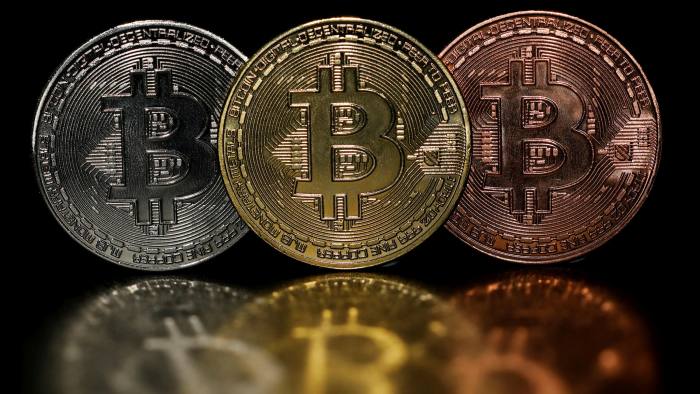Search result

From the creation of the world wide web to where the digital world is at now, the transformation has been incredible. The accessibility of technology has enhanced the digitalization of payment with finance no longer restricted to cash and the cheque book.
The digitalization of payment can be seen most pertinently in the rise of online gambling. With digital payments now completing transactions in seconds, the global online gambling market is expected to hit $94 billion of value by 2024 - double the current market size. A quick financial transaction for the best sports betting usa sites that are available at the touch of a fingertip from the comfort of your own home has ensured that the number of online bettors continues to ascend.
Indeed, an Online Casino Reports study in 2016 found that leading online casino and sports betting sites like www.oddshunter.ca were receiving almost 2000 visitors per day with hard cash no longer an issue.
This infiltration of technology and digital payments into everyday life has increased the likelihood of a cashless world as digital takes over the world of finance. But, just how has it done this?
The original and modern internets
Although stating the obvious, digital payments can only occur when there is an internet connection. It was 1969 and the creation of ARPANET (Advanced Research Projects Agency Network) that set the ball rolling for the modern internet. It was the first time that the TCP/IP protocol suite had been used.
Though revolutionary, it hardly set the world alight and so it was up to Sir Tim Berners-Lee to develop the World Wide Web twenty years later. Hyperlinks were merged with web pages and sites that made digital payments realistic.
Online payments with eservices
Online payment services began with an important if troublesome development in 1994. The Stanford Federal Credit Union developed an online internet banking system - the first of its kind - yet it failed to hit the mark with the ordinary man in the street. Specific knowledge of data transfer protocol was needed, making the service difficult to use.
The 1990s, however, played an essential role in the rise of epayments. The likes of Millicent, ECash and CyberCoin began to provide ecash, digital tokens or tokens as cash alternatives in an attempt to digitalize payment. Ecommerce mogul Jeff Bezos created Amazon in 1994 too.
Paypal and Apple Pay
Now a frontrunner in epayment, Paypal has only been around since 1999. It took the service a while to get going, but once ebay users latched on to its ease of payment methods, Paypal usage rocketed. Different currencies and methods to reduce fraud have reinforced Paypal's superb reputation, and, as a result of its enormous growth, the service was given an EU banking license in 2007.
Even then though, digital payment is forever adapting and morphing into new and exciting projects. Apple Pay, launched in autumn 2014, allows iPhone users to scan their fingerprint to purchase goods. Google and Amazon have also made huge strides by improving wallet functionality and the ability to gamble online.
Where the future of payment lies
It's often described as a complicated service, but Bitcoin seems to be where digital payment is heading. Its creation in 2009 saw something important finally be realized: the success of a decentralized finance currency doubling spending in the absence of a central server or trusted body. Bitcoin thus took epayment into previously uncharted territory, and can certainly be considered as the future of digital payment.
Digital payments have come a long way since the Stanford Federal Credit Union's attempts to found an online banking system in the early 1990s. But, the development of the modern internet and the consistent evolution of epayment services from Paypal to Apple Pay to now cryptocurrency, means a cashless society is no longer a fantasy. In fact, if bitcoin and the like continue their rapid growth, it could be a lot sooner than what most people think.
© 2023 YouMobile Inc. All rights reserved






